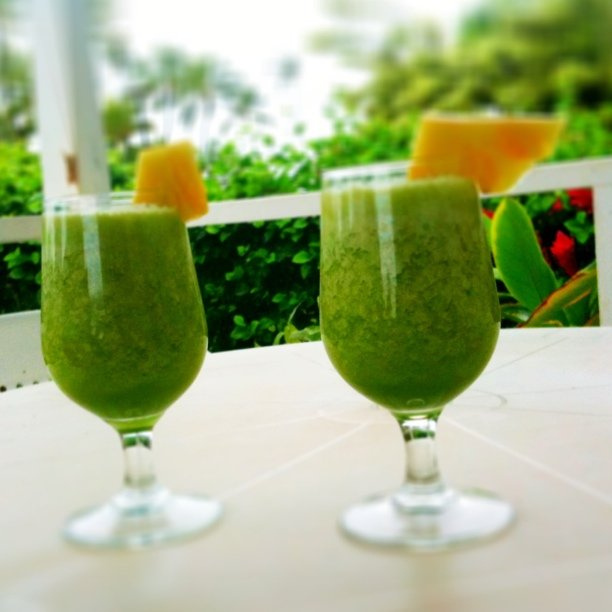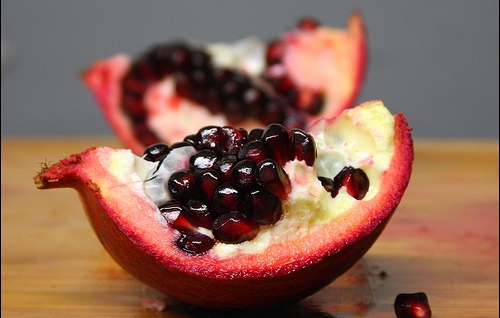Reading Time: 5 minutes
Everyone experiences digestive symptoms from time-to-time such as bloating, gas, indigestion, constipation, or diarrhea. However, if this discomfort occurs on a regular basis it can have a major impact on your quality of life. Poor digestion can also reduce the assimilation of nutrients and subsequently have a profound impact on your nutritional status and general wellbeing.
Thankfully, there are lots of natural remedies that can help bring your digestive system back into balance. Here are 17 foods, herbs, and lifestyle tips to support better digestion.
1. Lime and Lemon Juice
These citrus fruits can increase acid levels in the stomach, which supports the digestion of high-protein and high-fat foods such as nuts, seeds, avocado, and leafy green vegetables. Try sipping on lemon water first thing in the morning as well as before meals.
2. Orange and Tangerine Peel
Citrus peels also help stimulate the production of hydrochloric acid. This is one of the most common Chinese herbs used in formulas designed to improve digestion. You could try making a tea of organic citrus peel and drinking between meals or adding a small amount of the grated zest of organic citrus fruit to your salads and smoothies.
3. Ginger
This medicinal root is one of the best herbs that you can use to promote optimal digestion. It can be prepared as a tea, added fresh to your meals or the dried powder can be included in your smoothies.
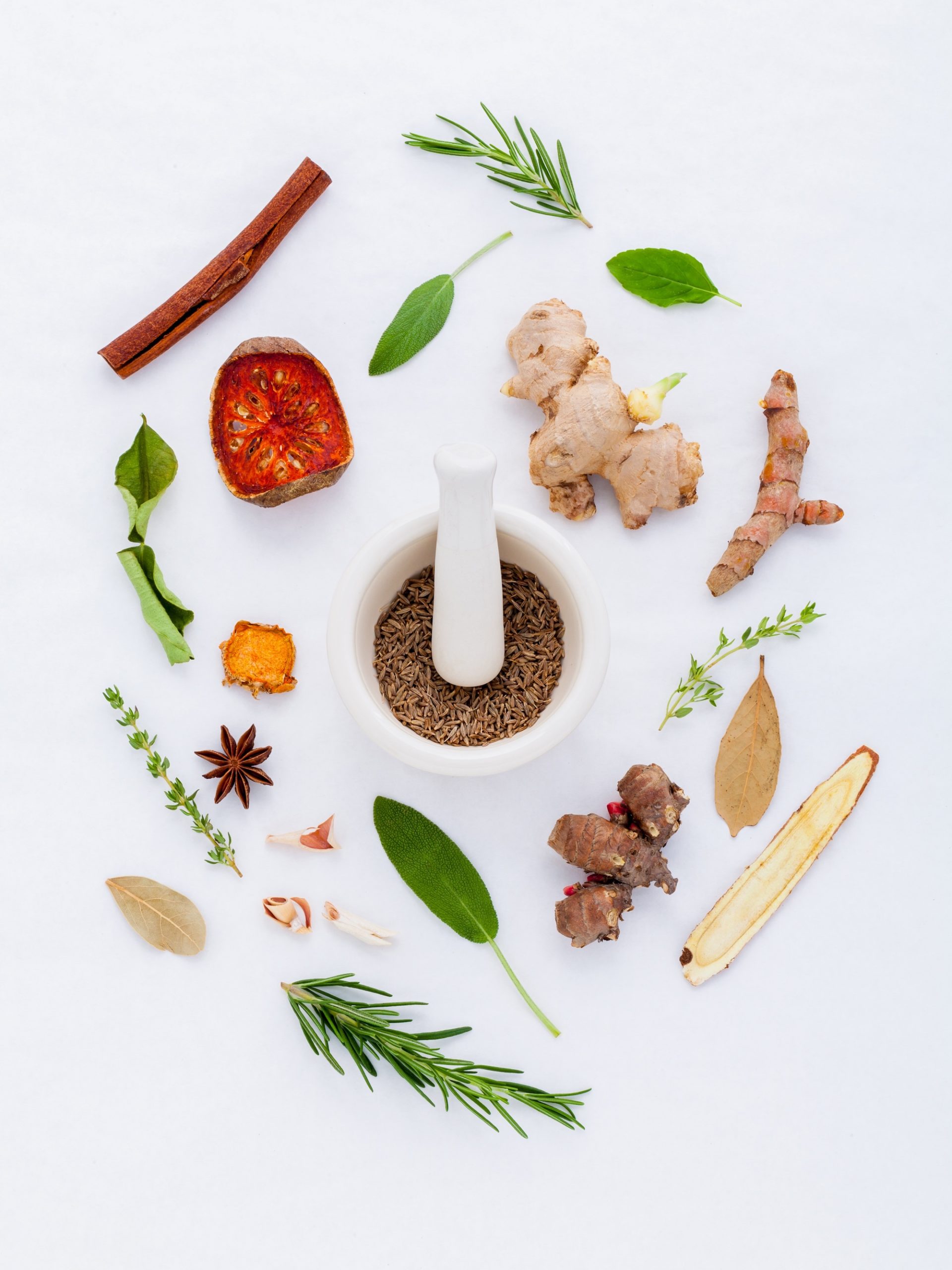
4. Culinary herbs and Spices
Many common herbs are regarded as digestive tonics and may be included liberally in the diet. Examples include cinnamon, coriander, cardamom, caraway, dill, chives, rosemary, thyme, cilantro, and basil.
5. Chew Fennel Seeds After Meals
This is a traditional Ayurvedic treatment for digestion, which increases the digestive secretions from the pancreas. Fresh fennel is also available as a salad vegetable and the fronds are also supportive of digestion. Fennel seeds have a traditional use in Western herbal medicine as an appetite suppressant and weight loss aid.
6. Celery Juice
Daily use of celery juice on an empty stomach plays an important role in digestion because it is a source of natural chloride used by the body in order to create hydrochloric acid.
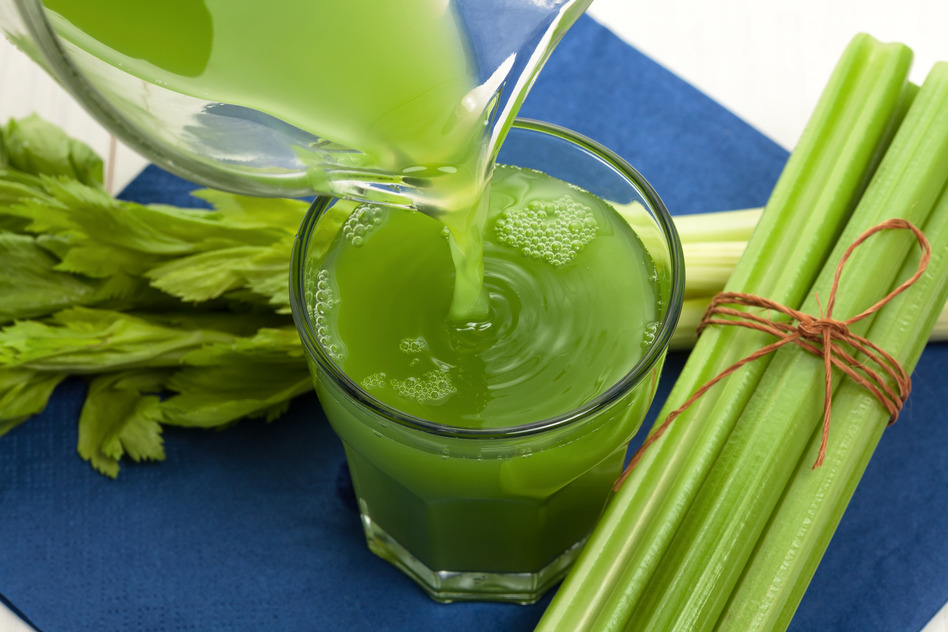
7. Food High in Natural Sodium
Another way to get natural sodium in your diet is by consuming foods that are good sources. Along with celery, this includes zucchini, spinach, beets, coconut water, cantaloupe and sea vegetables.
8. Nasturtium
This edible flower may be eaten before meals to increase digestive secretions. It has a peppery flavor that relates to its ability to stimulate the release of bile, which enhances gallbladder function and fat digestion.
9. Aloe vera
The leaves of aloe vera have a healing effect on the entire digestive tract. The soft flesh that is found inside the green leaves of the plant may be added to smoothies, puddings, and salad dressings.
10. Meadowsweet
Perhaps one of the most versatile herbs for digestion, meadowsweet has unique properties and works to normalize digestion. Regardless of whether digestion is over or under-active, it will encourage digestive balance. Meadowsweet tea is best consumed between meals.
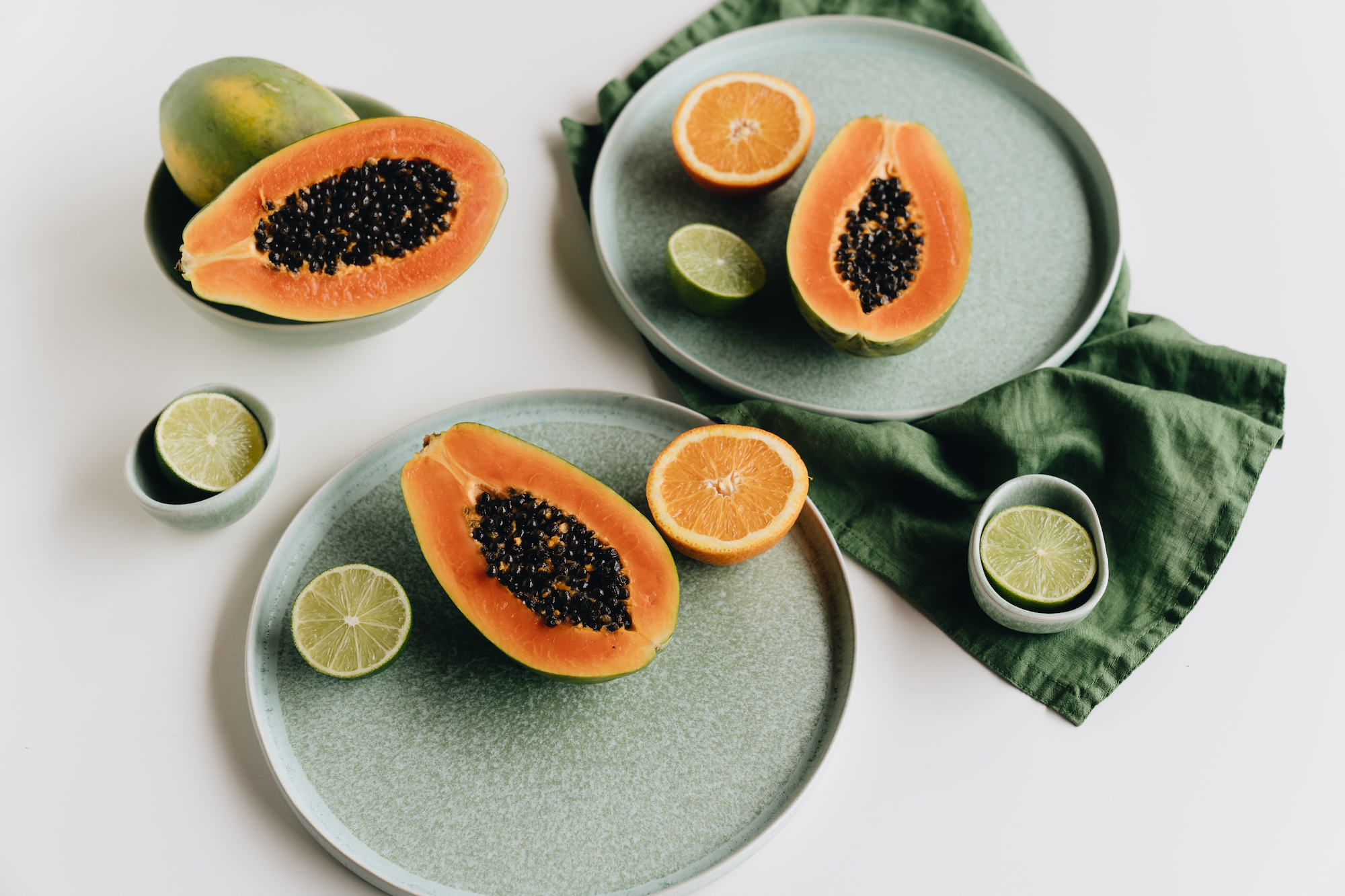
11. Papaya
This tropical fruit contains the protein-digesting enzyme papain and is also high in beta-carotene, which has a healing effect on the wall of the digestive tract. It can promote digestion, especially of meals containing protein, and is said to combine well with all foods.
12. Peppermint
Peppermint is one of the best all-around herbs for improving digestive function. It stimulates the production of both hydrochloric acid and digestive enzymes. It can be consumed as a tea between meals or the fresh mint leaves can be added to your green smoothies and salads. Additionally, you can try adding a drop or two of food-grade peppermint essential oil to smoothies, puddings, or desserts.

13. Dandelion Greens
Bitter herbs and green leafy vegetables have a stimulating effect on digestion. When the bitter taste hits our tongue our digestive tract is encouraged to increase its production of hydrochloric acid and bile, and to increase peristalsis; the contraction of the muscles of the intestinal walls. It is possible that this effect is a remnant from the time when we regularly consumed wild bitter greens and eating them would have sent a message to our body that food was on the way.
Bitter greens also work to gently stimulate the release of bile, which enhances gallbladder function and fat digestion. Additionally, research shows that bitter herbs and greens such as dandelion activate immunity by stimulating receptors in the small intestine. They are also believed to increase metabolism.
14. Arugula
This leafy green has similar benefits as dandelion. It has a peppery flavor that stimulates digestion and it also supports gentle detoxification of the liver.
15. Daily Meal Routine
One important aspect of digestion is that our bodies prefer regularity in our schedules of eating, activity, rest, and sleep. If you have ever experienced traveler’s constipation you will be well aware of the effects of a disrupted routine on your digestive function.
Eating meals on a similar schedule each day can help to normalize digestive function. However, if you are not truly feeling hungry, don’t eat something just because it is meal-time. Try to keep a regular routine if possible but also listen to your body.
Especially be aware to avoid late-night eating, as your body won’t have time to digest before you go to sleep. If you feel hungry in the evening stick to something light such as a banana.

16. Aerobic Exercise
All types of exercise can enhance digestive function. In particular aerobic exercise before breakfast can really help to increase appetite and improve digestion. While it is not a good idea to do strenuous exercise directly after eating, going for a gentle walk about 10 to 20 minutes after a meal can be helpful.
17. Yoga Postures
There are a variety of yoga techniques that support the function of the digestive system including cat/cow, spinal twist, bridge, downward-facing dog, and many others. Yoga also helps to improve digestion by relieving stress. It’s best to perform yoga exercises on an empty stomach – either before meals or at least two or three hours after eating.
Do you have any tips for better digestion?
What are your favorite natural remedies for improving digestive function?
Disclosure: This article contains Amazon affiliate links, which means that if you click on a link and purchase a product the price remains the same for you but we receive a small commission. Thank you for supporting Live Remedy.
